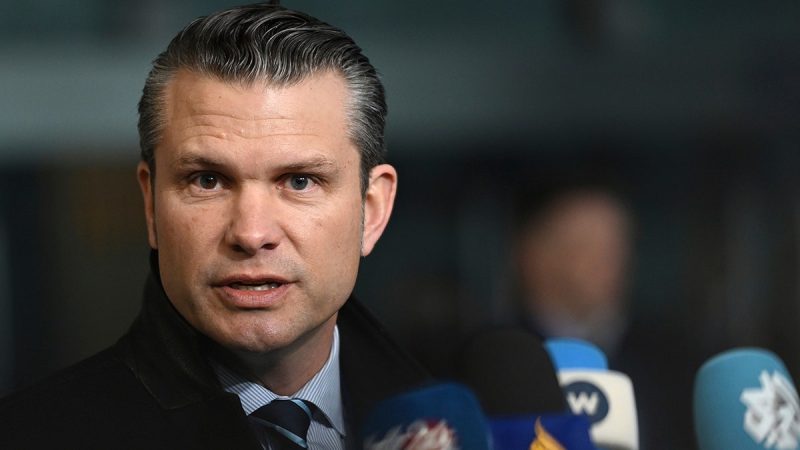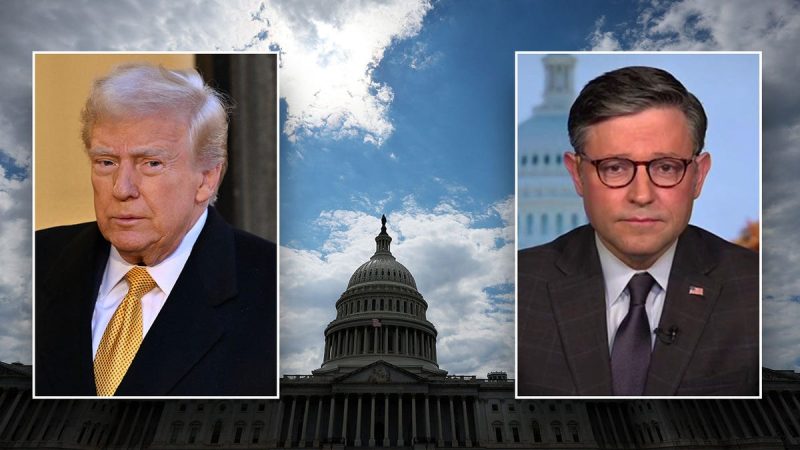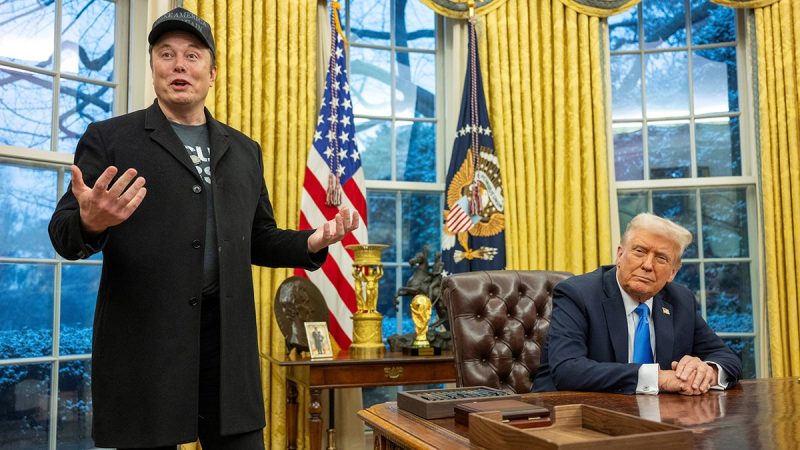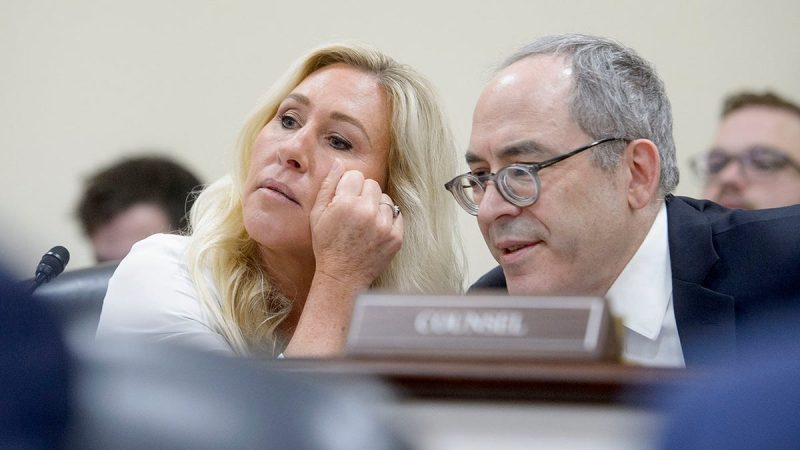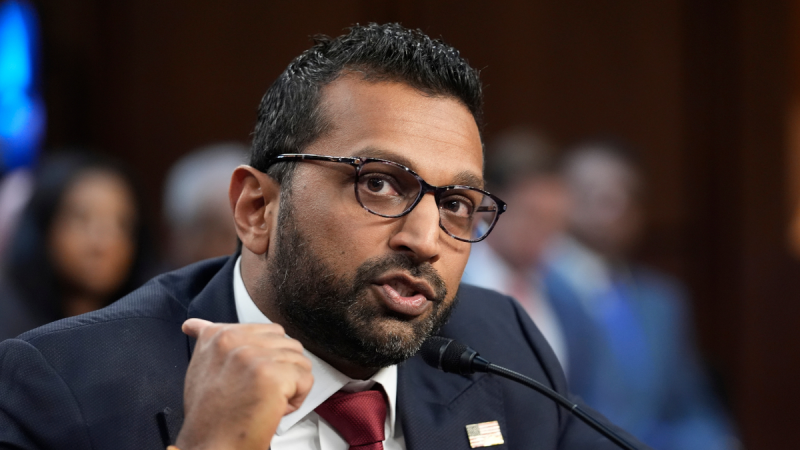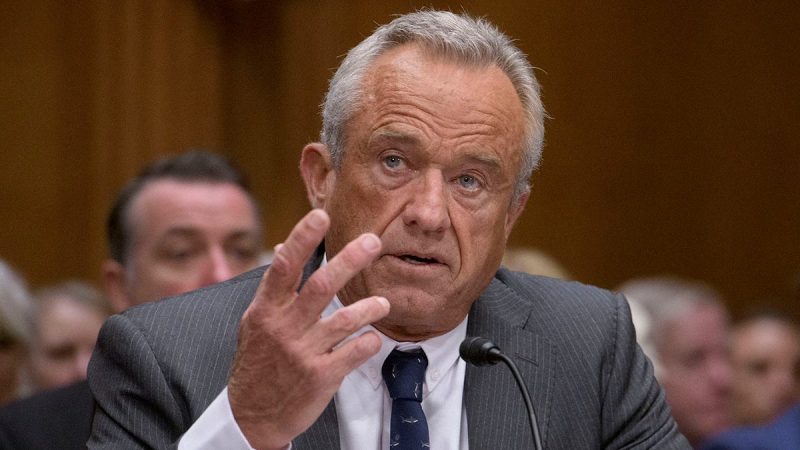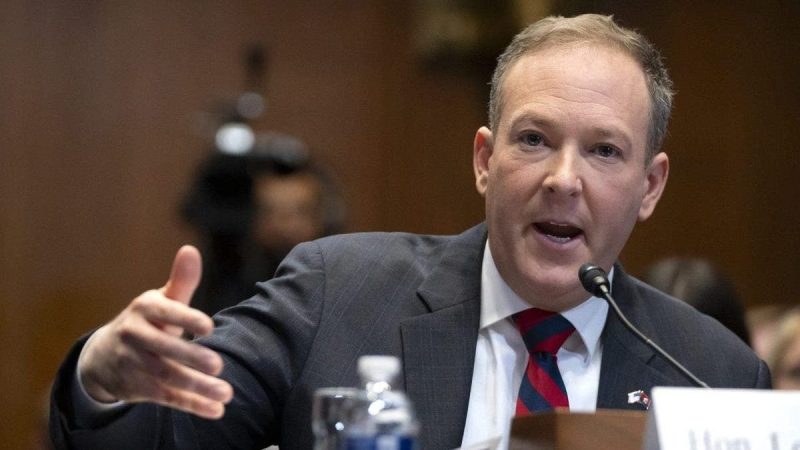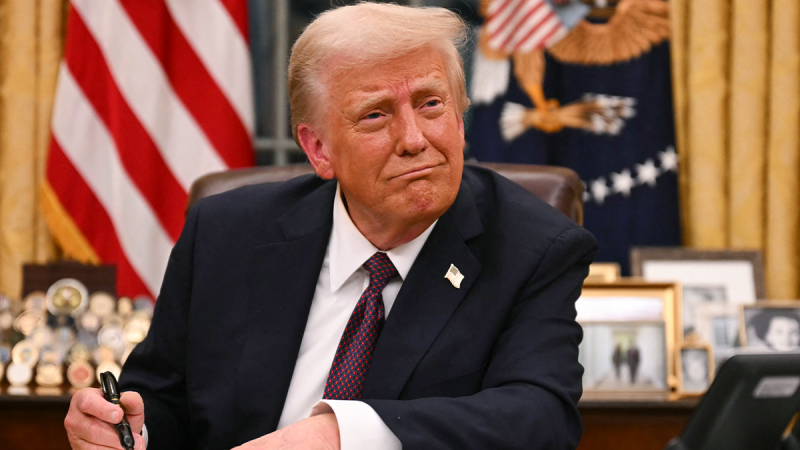
Obama officials and Trump critics are up in arms after Defense Secretary Pete Hegseth said a return to the Eastern European country’s pre-war borders with Russia is ‘unrealistic.’
Hegseth, speaking to the Ukraine Defense Contact Group in Belgium on Wednesday, said ‘returning to Ukraine’s pre-2014 borders is an unrealistic objective.’ He also called for Europe to offer Ukraine security guarantees after the war – not the U.S.
Trump administration critics accused the secretary of giving up leverage before the start of peace negotiations with Russia.
‘Putin is gonna pocket this and ask for more,’ Brett Bruen, director of Global Engagement under the Obama White House, told Fox News Digital.
Hegseth said Wednesday that ‘durable peace’ for Ukraine must ‘ensure that the war will not begin again.’
‘The United States does not believe that NATO membership for Ukraine is a realistic outcome of a negotiated settlement. Instead, any security guarantee must be backed by capable European and non-European troops,’ he said.
‘If these troops are deployed as peacekeepers to Ukraine at any point, they should be deployed as part of a non-NATO mission and not covered under Article 5. There also must be robust international oversight of the line of contact. To be clear, as part of any security guarantee, there will not be U.S. troops deployed to Ukraine.’
While it is little surprise the Trump administration does not currently support Ukraine’s NATO membership, or believe Ukraine can take back all of its territory including Crimea, critics argue that Hegseth vocalizing these beliefs just as President Donald Trump fired the opening salvo in peace negotiations took them off the table as leverage.
‘Why would you unilaterally surrender on some of those key strategic issues? Even if Trump ultimately wants to give ground, at least get something in return,’ Bruen said.
‘Anyone with any diplomatic experience would have said it is critical that we use this as part of our negotiation, as President Trump wants to have with Moscow. But the idea that we’re simply going to announce all of the things that we are not going to do goes against 70 years of our diplomacy and our military strategy.’
Michael McFaul, ambassador to Russia under the Obama administration, asked why the Trump administration appeared to be giving Russian President Vladimir Putin wins for free.
‘Why is the Trump administration giving Putin gifts – Ukrainian land and no NATO membership for Ukraine – before negotiations even begin?’ he asked on X. ‘I’ve negotiated with the Russians. You never give up anything to them for free.’
Alexander Vindman, a Trump impeachment witness and former Europe director at the National Security Council – who continues to be a fierce Trump critic – characterized Hegseth’s comments as ‘complete capitulation to Putin’ that justifies Russia’s wars of aggression going back to Georgia in 2008.
‘This will embolden Putin and undermine the interests of peace in Ukraine and Europe. A major blow to U.S. national security,’ Vindman asserted.
Rep. Judy Chu, D-Calif., chimed in that Hegseth’s comments show, ‘Trump’s foreign policy has always been Russia First. Never America and its allies first.’
The defense secretary also called on Europe to ‘take ownership of conventional security on the continent.’
‘European allies must lead from the front,’ Hegseth said. ‘Together, we can establish a division of labor that maximize our comparative advantages in Europe and Pacific, respectively.’
His comments came just before Trump called both Putin and Ukrainian President Volodymyr Zelenskyy and as Treasury Secretary Scott Bessent traveled to Kyiv.
On Friday, Vice President JD Vance and Secretary of State Marco Rubio will meet with Zelenskyy on the sidelines of the Munich Security Conference.
The Putin conversation came one day after the release of American Marc Fogel, who had been detained by the Kremlin, which Trump said he saw as a sign of ‘good faith’ by the Russians.
Trump, meanwhile, has begun pressuring Ukrainians to turn over access to rare Earth minerals in exchange for security aid. Bessent presented Ukraine with a draft deal exchanging aid for minerals on Wednesday in Kyiv, according to Zelenskyy.
‘We agreed to work together, very closely, including visiting each other’s Nations,’ Trump posted to Truth Social on Wednesday of his call with Putin. ‘We have also agreed to have our respective teams start negotiations immediately.’
He announced that he would asked Rubio, Director of the CIA John Ratcliffe, National Security Advisor Michael Waltz and Middle East envoy Steve Witkoff to lead negotiations.
Trump also said his call with Zelenskyy went ‘very well.’
‘It is time to stop this ridiculous War, where there has been massive, and totally unnecessary, DEATH and DESTRUCTION. God bless the people of Russia and Ukraine!’



